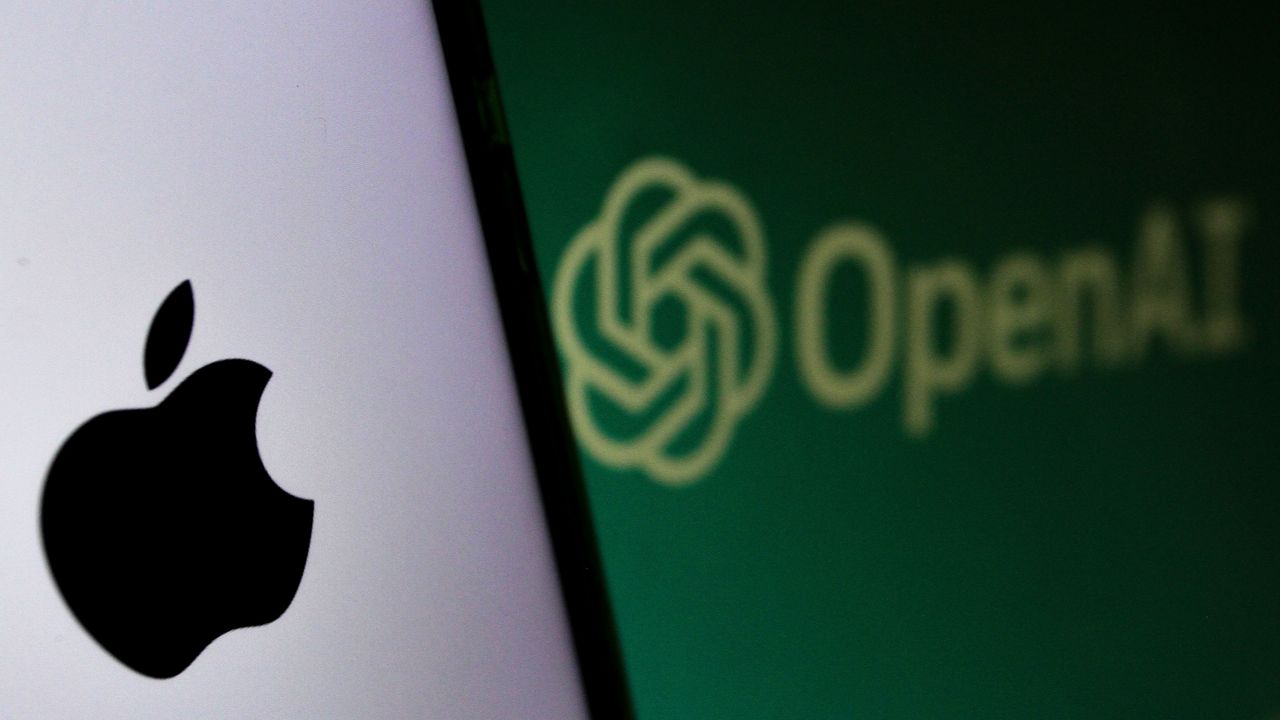
OpenAI Reports Over a Million Weekly ChatGPT Users Discuss Suicide
OpenAI disclosed that 0.15% of ChatGPT’s weekly active users engage in conversations that include explicit indicators of suicidal planning or intent, representing more than a million people each week. The company also noted heightened emotional attachment and signs of psychosis or mania among its users. After consulting with more than 170 mental‑health experts, OpenAI says its latest GPT‑5 model shows improved compliance with safety guidelines, achieving 91% adherence in suicide‑related tests versus 77% previously. New safeguards, including an age‑prediction system and stricter controls for children, aim to reduce risks while the firm continues to refine its AI safety measures.










